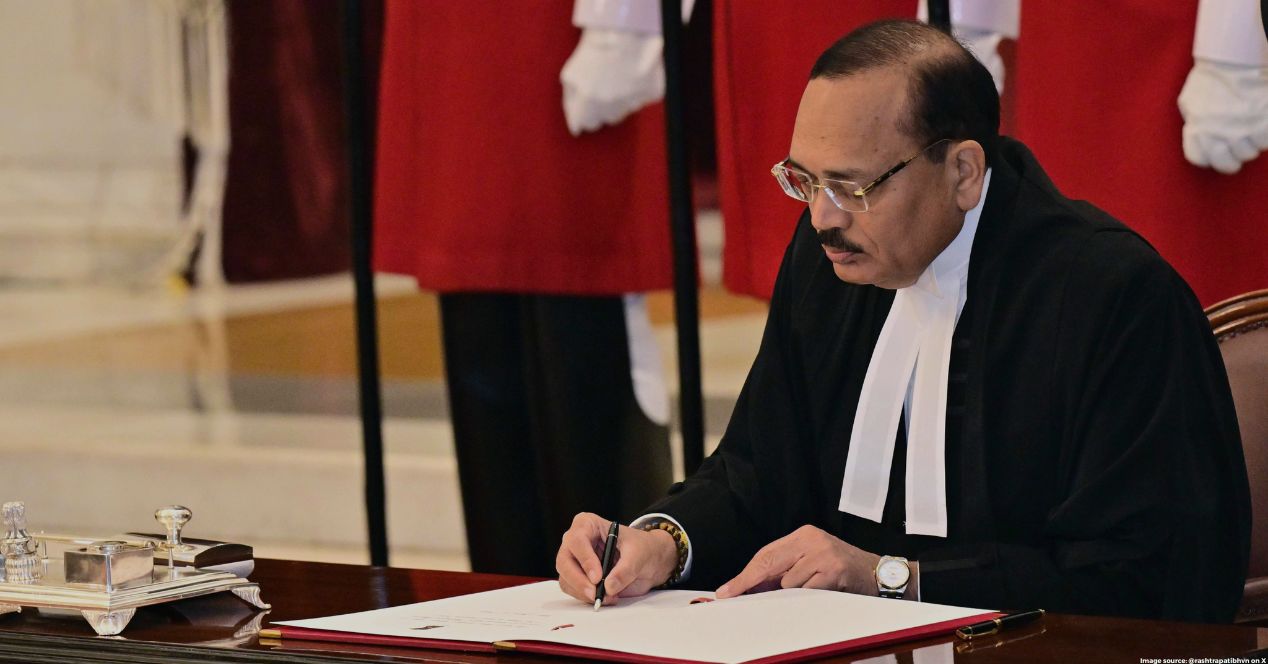Vineet Saran, J.@mdashIn response to an advertisement issued by the District Judge, Banda on 13.9.1989 for filling up 14 vacancies and also for future vacancies, a list of 20 selected candidates was to be prepared, for which applications were invited. The petitioners and other persons had applied. After selection process, an approved list of 40 persons had been prepared in which the names of the petitioners found place at Serials No. 26, 30, 32 and 36. It has been submitted that out of the said list, 24 persons had been given I appointment and the last few appointments were given as late as in the year 1994. Even the person placed at Serial No. 2 has been given appointment, ignoring the petitioner No. 1 who was placed at Serial No. 26. On the petitioners not being given appointment even though they were in the approved list, they filed representations before the respondents. When nothing was done, they filed this writ petition with the prayer for a direction in the nature of mandamus commanding the respondents No. 1, the District Judge, Banda to give them employment as Class III employees in the District Judgeship of Banda.
2. I have heard Sri Shesh Kumar, learned Counsel appearing for the petitioner as well as Sri S.P. Singh, learned Counsel appealing for the respondents and have perused the record.
3. The submission of the learned Counsel for the petitioner is that on the basis of the select approved list of 40 candidates, the petitioners had been given temporary appoint, lent and each one of the petitioners had actually worked for a few months sometimes in the year 1990-91. It has thus been contended that as per Rule 16 of the Subordinate Civil Courts Ministerial Establishment Rules, 1947 since they were amongst the selected candidates and had once received appointment and their work was to the satisfaction of the respondents, their names could not be removed from the register of the recruited candidates. As such, it is claimed that the petitioners would be entitled to appointment on Class III posts on the basis of the approved list and in terms of the aforesaid Rules.
4. S.P. Singh learned Counsel appealing for the respondents has, however, submitted that the appointments made were wholly as stop gap arrangement. On the regular employees having proceeded on long leave, the petitioners were permitted to work only for such period during which they remained on leave and thereafter no work was taken from the petitioners and other such candidates. It has been contended that more appointments than the posts which were advertised have already been made, as such, the list prepared for such purpose had exhausted and the question of appointment of the petitioners on the basis of the said list would not arise. As regards the appointment of the candidate placed at serial No. 27 is concerned, it has been stated that the same was done in the S.C./S.T. Category, and the petitioners do not fall in such category.
5. From perusal of the advertisement it is clear that or the date the advertisement was issued, there were only 14 vacancies on Class III posts. As per the said advertisement, after considering the future vacancies, a list of selected candidates for appointment on 20 posts was to be prepared. In accordance with the same, a list of double the number of such existing and future posts was j: repaired, which is termed, as approved list. It is settled law that appointments can be made only on notified vacancies. In the present case the vacancies which existed on the date of the advertisement were only 14. However, 20 posts had been notified in the advertisement after taking into account some future vacancies. Without going into the question as to whether the future vacancies could have been notified or not, I shall proceed to consider this case as if there were 20 vacancies which had been notified.
6. According to the petitioners themselves 24 persons have already been appointed in pursuance of the said approved list, in the case of
7. As regards the question of application of Rule 16, it may be observed that the appointment given to the petitioners vas not on regular basis but only on leave vacancy and as such the same cannot be termed as regular appointments for the purposes of Rule 16. In any case more persons than the posts which had been notified, could not be granted appointments. Even if any temporary appointment had been given to the petitioners on the basis of the said list, the same cannot be treated as a valid appointment on regular basis. The submission of the learned Counsel for the petitioner that certain persons have been granted appointment after the period of one year would also not have much force as Article 14 is not meant to perpetuate any illegality and the Court would not be bound to direct and authority to repeat any wrong action done by it earlier, as has been held in the case of District Judge, Baghpat v. Anurag Kumar (supra).
8. As such, in my view, the prayer for directing the respondent No. 1 to give appointment to the petitioners on the basis of the select list prepared in the year 1990 cannot thus be granted.
9. This writ petition is, accordingly, dismissed. No order as to costs.

